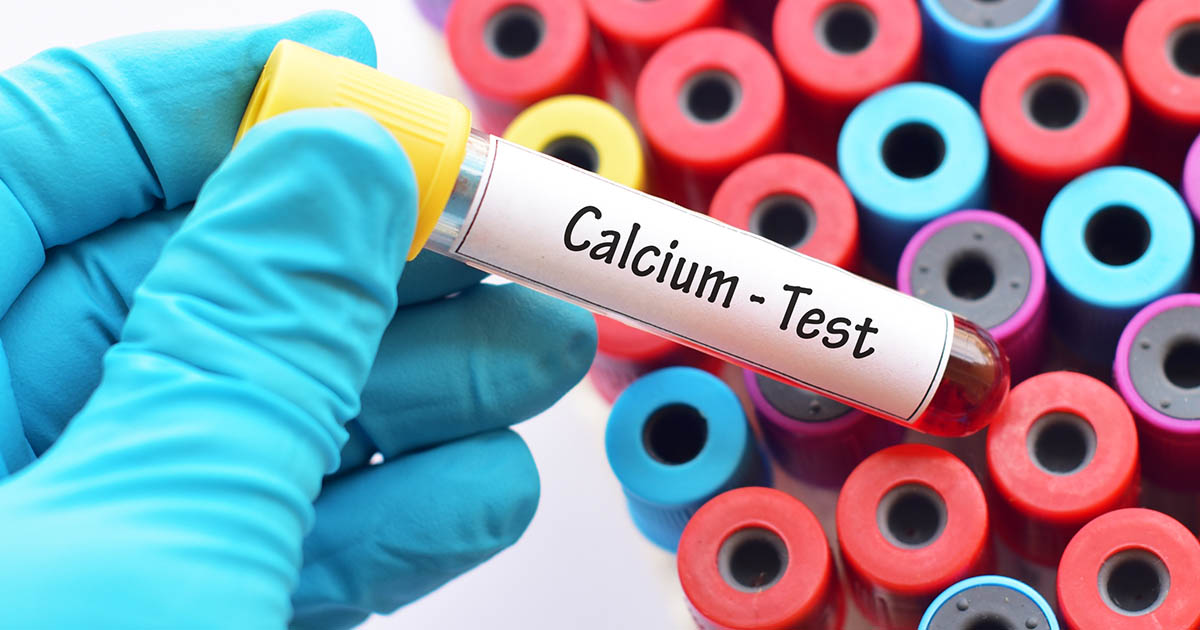Types Of Electrolyte Disorders
Hypocalcemia And Hypercalcemia

Hypocalcemia and hypercalcemia are disorders related to calcium levels in the body. Hypocalcemia is a blood concentration of calcium less than 8.8 mg/dL with normal concentrations of plasma. Hypocalcemia can be caused by numerous other health conditions, medical treatments, or medications. Because sodium channels are imperative to the function of the nervous system and the heart, untreated hypocalcemia can result in seizures, brain damage, and heart failure if it is not treated.
Hypercalcemia is a blood concentration calcium higher than 10.4 mg/dL with normal concentrations of plasma. This can be caused by cancer, hyperthyroidism, vitamin D toxicity, and other medical conditions, one of which is familial hypercalciuric hypercalcemia, a genetic disorder that can result in hypercalcemia. Most often, these causes are a result of an increase of calcium in the blood by increasing the intestinal absorption and renal absorption of calcium. Untreated hypercalcemia can result in kidney stones, constipation, polyuria, severe confusion, kidney failure, irregular heartbeats, and coma.
Learn more about the different types of electrolyte disorders now.